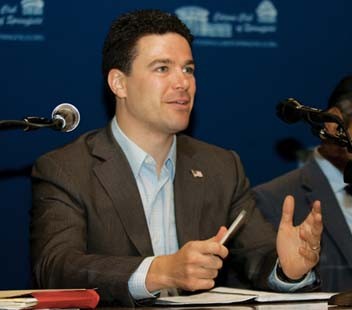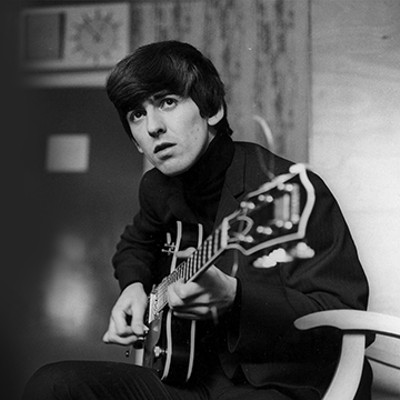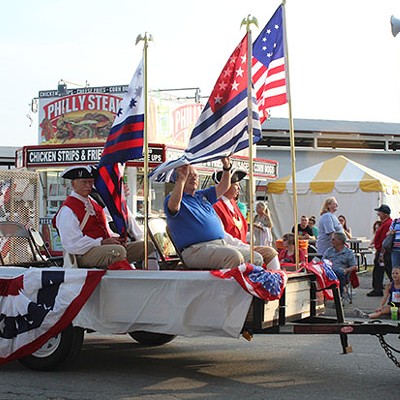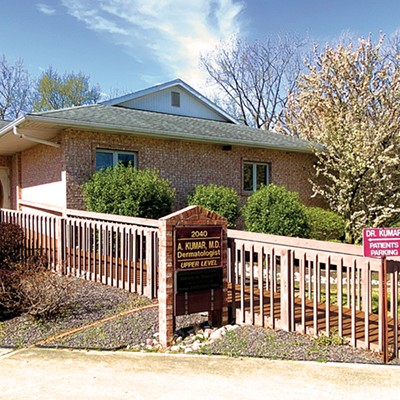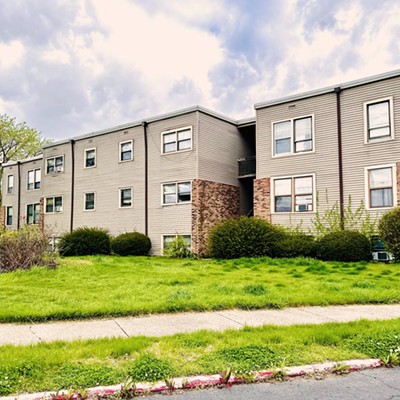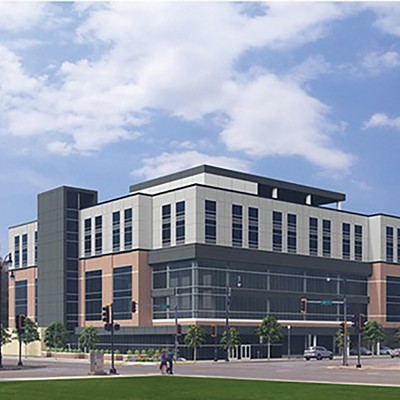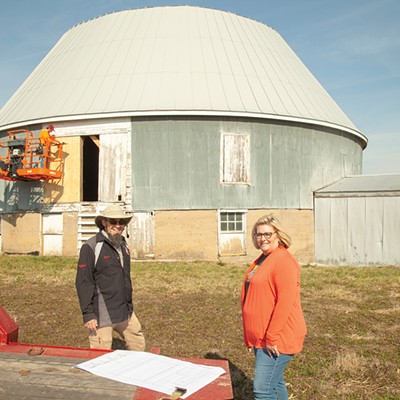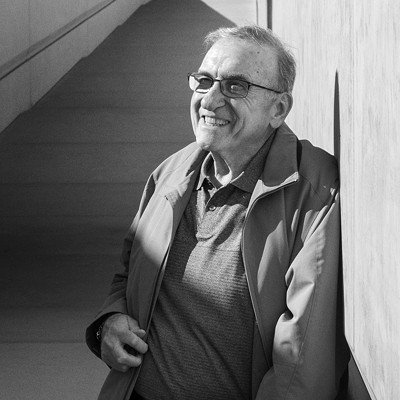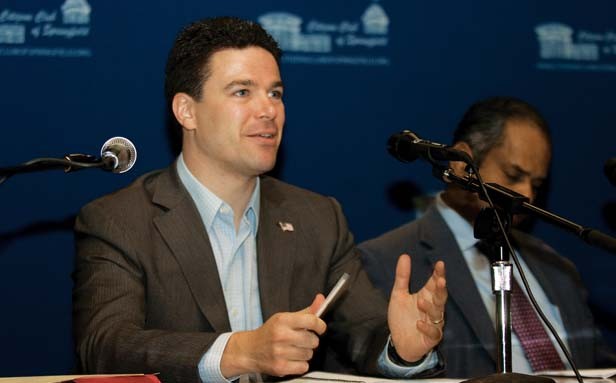
Henrik Rasmussen calls himself a “Springfielder by choice.”
A native of Denmark, Rasmussen moved his family to Springfield in 2009, seeking opportunity, freedom and space to innovate. Now a U.S. citizen, Rasmussen is launching his own public affairs consulting firm in Springfield on Aug. 1, after seven years at another consulting firm. Addressing the crowd at the July 22 meeting of the Springfield Citizens Club, Rasmussen said Springfield has a lot to offer to prospective businesses and families – more than some of its residents realize.
“What’s bothering me a little bit is when I talk to people in Springfield, and they all ask you the same question, ‘Why would you live in Springfield?’” Rasmussen said. “If people in Springfield are questioning that, I think we have some work to do. We need to turn around the perception of Springfield among Springfielders first, before we can start convincing the rest of the world that this is a great place to live, to work and to locate for businesses.”
The Citizens Club meeting focused on positioning Springfield in the global economy, and each of the three speakers shared a theme of building on and emphasizing Springfield’s strengths: minimal commuting time, low cost of living, a strong service sector and even overlooked infrastructure.
“The Springfield airport is Henry Rasmussen’s private gate at O’Hare,” Rasmussen jokes. “I can leave my house an hour before takeoff. There’s free parking, no line in security. A lot of the people in the airport know me because I go through there a lot. … I don’t have to find parking and pay a fortune for it. I don’t have to sit in Chicago traffic.”
Bruce Sommer of Springfield, a business consultant and venture capitalist who invests in local small businesses through his Springfield company, Bluestem Ventures, told the Citizens Club audience that Springfield needs to develop a more connected “creative class” of artisans, inventors and entrepreneurs to drive innovation and enhance local culture.
“I see a whole lot of opportunity here,” Sommer says. “The field of consulting I work with is, I think, the best area of business around, and that’s matching inspiring young entrepreneurs with folks who have been there before – who have started a business before, who have worked in business before. You get these very energetic people with these very idealistic views and these very seasoned professionals who know how to execute [the ideas].”
Sommer says focusing on local businesses is important because “the more outside influence with chains and outside investment, the more the culture gets diluted.”
“One of the things I would love to do is keep investment in the Springfield area and create companies here and maintain our great, rich culture,” he says. “When Walmart and big chains from outside the town come in, they dilute the internal culture. That’s kind of the intrinsic value I have to preserve the culture in Springfield, where my family has benefited greatly.”
Ranjan Karri, an associate professor of management at the University of Illinois at Springfield, told the Citizens Club audience that Springfield should court Internet technology companies and similar businesses as a way to expand the city’s service sector and keep young workers from moving away to larger cities. He says small cities that are ranked as the best places to live generally have in common universities, strong service sectors and military bases, or a combination of the three.
“I also believe that there’s something else going on for these small cities,” Karri said. “There’s something called building an identity, building some kind of pride. It’s not enough for mayors or chambers of commerce to bring in jobs.... People have to feel that we have an identity.”
It’s not enough to be known as a city full of state workers or a city centered on Abraham Lincoln, Karri says, adding that building a broader identity requires cooperation.
“People have to foster this identity of what else we have in Springfield,” he says. “I believe the university has a great role to play, and it’s the most unrealized resource…it’s very interesting that many people don’t know what UIS has to offer. Maybe it’s a poor job on our part from the university, but the city, the chamber and other different entities have to work with the university, and it works the other way, too. The university has to work with these agencies to build a young entrepreneurial class.”
Contact Patrick Yeagle at [email protected].

